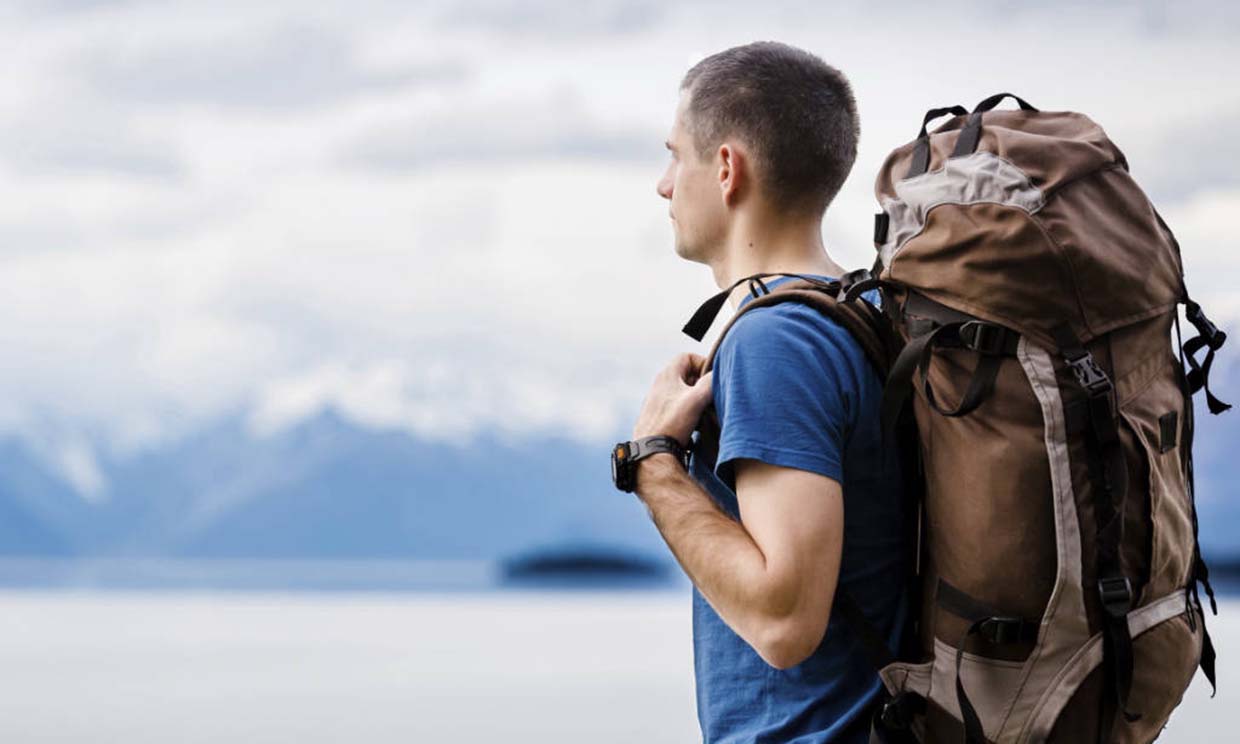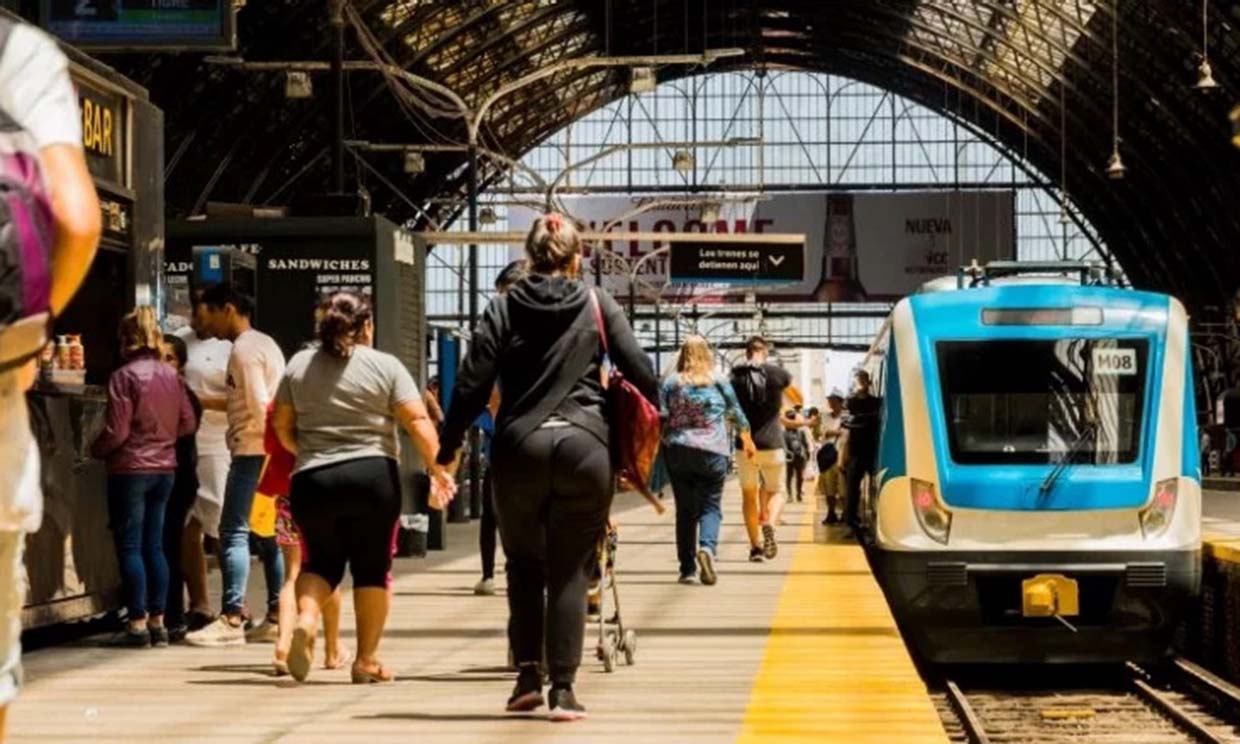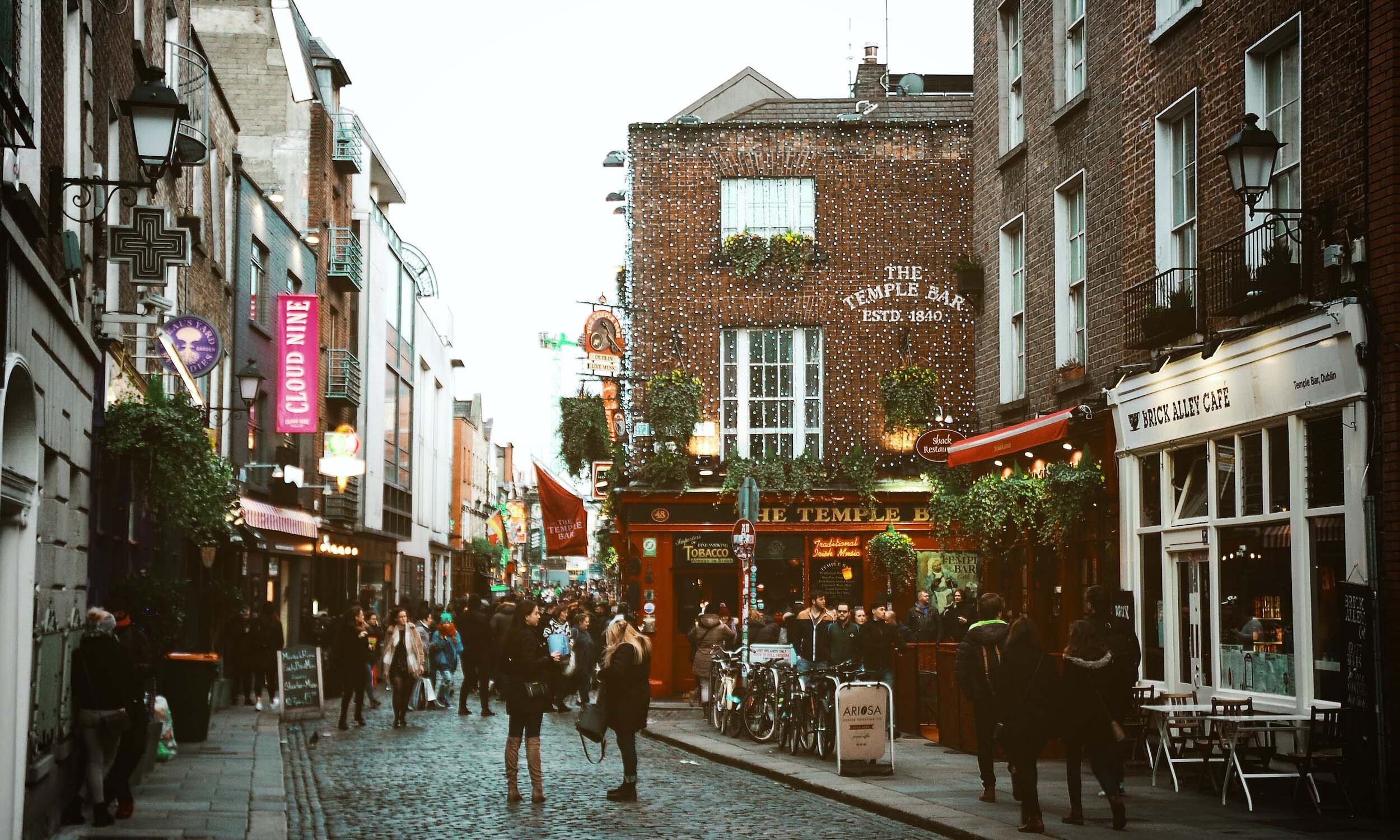
I’ve found that preparation is key to ensuring a smooth and enjoyable trip. Packing for Dublin, a city known for its rich history, vibrant culture, and unpredictable weather, requires a bit of strategy. I’ll share my comprehensive packing list, along with tips on travel essentials, appropriate attire, understanding local culture, navigating public transportation, currency exchange, budgeting, and staying connected with a local SIM card. Every one who read this will be well-equipped for their Dublin adventure.
Travel Essentials
When planning a trip to Dublin, it’s crucial to consider the essentials that will make your journey comfortable and hassle-free. Here’s a list of must-have items:
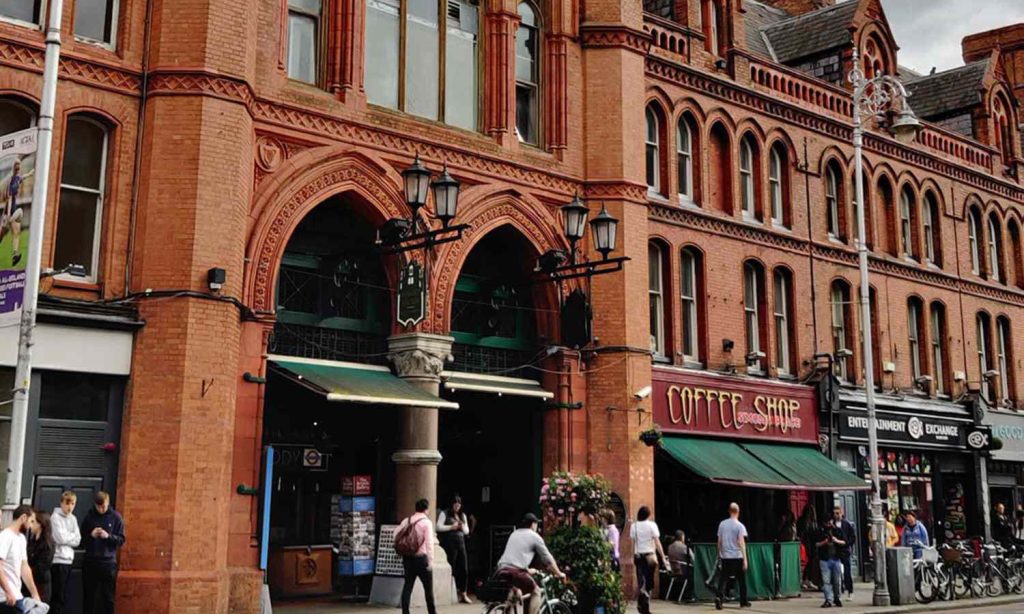
Documents and Money
- Passport and Visa: Ensure your passport is valid for at least six months beyond your travel dates. Check if you need a visa to enter Ireland and apply well in advance if necessary.
- Travel Insurance: A good travel insurance policy covers medical emergencies, trip cancellations, lost luggage, and other unexpected incidents. Make sure your policy includes coverage for Ireland.
- Copies of Important Documents: Photocopy your passport, visa, travel insurance, and any other important documents. Keep copies in a separate bag and leave another set with a trusted person at home.
- Cash and Credit Cards: Bring a mix of cash (in Euros) and credit/debit cards. Notify your bank of your travel plans to avoid any issues with card transactions abroad.
- Travel Itinerary: Have a printed copy of your itinerary, including flight details, accommodation addresses, and contact information for tours or reservations.
- Emergency Contacts: Keep a list of emergency contacts, including family members, your embassy in Dublin, and your travel insurance provider.
Health and Safety
- First Aid Kit: Include band-aids, antiseptic wipes, pain relievers, any prescription medications, and a few basic first aid supplies.
- Face Masks and Hand Sanitizer: Due to ongoing health concerns, it’s wise to carry a supply of face masks and hand sanitizer.
- Vaccination Records: If applicable, bring proof of COVID-19 vaccination or any other required immunizations.
Electronics
- Smartphone and Charger: Essential for navigation, communication, and photography. Don’t forget your charger and an adapter for European outlets (Type C).
- Portable Power Bank: Handy for keeping your devices charged on the go, especially during long sightseeing days.
- Camera: While smartphones have excellent cameras, you might prefer a dedicated camera for higher quality photos.
- Headphones: Great for listening to music, podcasts, or audiobooks during transit.
- Laptop or Tablet: If you need to stay connected for work or prefer a larger screen for entertainment.
Travel Attire
Packing the right clothes for Dublin can be tricky due to the city’s famously variable weather. Here’s what to include in your wardrobe:
Layering is Key
Dublin’s weather can change rapidly, so layering is the best strategy:
- Base Layers: Lightweight tops, t-shirts, and long-sleeve shirts made of breathable materials.
- Mid Layers: Sweaters, hoodies, and fleece jackets for added warmth.
- Outer Layers: A waterproof and windproof jacket is essential, as rain showers are frequent. A lightweight down jacket is also useful for colder days.
Footwear
- Comfortable Walking Shoes: Dublin is best explored on foot, so pack comfortable, waterproof walking shoes or boots.
- Casual Sneakers: Great for casual outings and when you want a break from walking shoes.
- Dress Shoes: If you plan to dine at upscale restaurants or attend events that require a more formal dress code.
Accessories
- Umbrella: A compact, sturdy umbrella is a lifesaver in Dublin’s unpredictable rain.
- Scarves, Hats, and Gloves: These accessories can provide extra warmth and comfort during cooler months.
- Sunglasses: Even on cloudy days, Dublin can be quite bright.
Understanding Local Culture
Ireland is known for its friendly and welcoming people. Here are a few cultural tips to enhance your experience:
Social Etiquette
- Greetings: A friendly “hello” or “hi” is common. In more formal settings, a handshake is appropriate.
- Politeness: Use “please” and “thank you” often. Irish people appreciate politeness.
- Punctuality: It’s polite to be on time for appointments, although social gatherings can be more relaxed.
Tipping
- Restaurants: It’s customary to leave a 10-15% tip in restaurants if the service was good. Check if a service charge is included in the bill.
- Bars: Tipping bartenders is not expected, but you can round up the bill or leave some small change.
- Taxis: Rounding up the fare to the nearest euro is appreciated.
Language
- English: English is the primary language spoken in Dublin, making it easy for English-speaking visitors to communicate.
- Irish (Gaelic): Although less commonly spoken, you’ll see Irish on road signs and public buildings. Learning a few basic phrases like “Dia dhuit” (hello) can be fun and appreciated by locals.
Weather in Dublin
Dublin’s weather is famously unpredictable, but generally mild. Understanding the climate will help you pack appropriately:
Seasons
- Spring (March to May): Temperatures range from 8°C to 15°C (46°F to 59°F). Expect occasional rain showers and variable conditions.
- Summer (June to August): Average temperatures range from 12°C to 20°C (54°F to 68°F). This is the warmest and driest season, but rain is still possible.
- Autumn (September to November): Temperatures drop to 8°C to 15°C (46°F to 59°F). This season is known for its vibrant foliage and frequent showers.
- Winter (December to February): Temperatures range from 3°C to 8°C (37°F to 46°F). Snow is rare, but rain and chilly winds are common.
Travel Gear
To ensure a comfortable and convenient trip, pack these essential travel gear items:
- Backpack or Daypack: A small backpack is perfect for carrying your daily essentials, such as a water bottle, snacks, and souvenirs.
- Travel Pillow: Useful for long flights or bus journeys.
- Reusable Water Bottle: Stay hydrated while reducing plastic waste.
- Packing Cubes: These help organize your luggage and make packing more efficient.
- Travel Locks: Secure your luggage with TSA-approved locks.
- Universal Travel Adapter: Ensure you can charge your electronics with a universal adapter.
- Reusable Shopping Bag: Handy for groceries or shopping trips, and environmentally friendly.
Currency Exchange and Budgeting
Managing your finances effectively is crucial for a smooth trip. Here’s how to handle money matters in Dublin:
Currency Exchange
- Euros: The currency in Ireland is the Euro (€). It’s wise to carry some cash for small purchases, although cards are widely accepted.
- ATMs: ATMs are plentiful in Dublin and offer a convenient way to withdraw cash. Be aware of potential foreign transaction fees from your bank.
- Currency Exchange Services: You can exchange money at airports, banks, and dedicated currency exchange offices. Compare rates to get the best deal.
Budgeting Tips
- Accommodation: Dublin offers a range of options from budget hostels to luxury hotels. Booking in advance can help secure the best rates.
- Meals: Budget for around €10-20 for a meal in a casual restaurant. Pubs often offer hearty meals at reasonable prices.
- Attractions: Many museums and galleries in Dublin are free, but some popular attractions like the Guinness Storehouse and Dublin Castle have entrance fees.
- Public Transport: Budget for daily transport costs, including buses, trams, and taxis.
Navigating Public Transport
Dublin’s public transport system is efficient and user-friendly. Here’s a guide to help you get around the city:
Buses
- Dublin Bus: The extensive bus network covers the entire city. Buses are frequent and reliable, but exact change is required if paying in cash.
- Leap Card: The easiest way to pay for bus fares is with a Leap Card, a reusable smart card that offers discounted fares. You can purchase and top up a Leap Card at newsagents, ticket machines, and online.
Trams
- Luas Tram: Dublin’s tram system, known as the Luas, has two lines: the Red Line and the Green Line. The trams are modern, clean, and efficient.
- Tickets: Purchase tickets at the tram stop machines or use a Leap Card for convenience.
Trains
- DART: The Dublin Area Rapid Transit (DART) service connects the city center with coastal suburbs. It’s a scenic and quick way to explore areas outside central Dublin.
- Tickets: Buy tickets at stations or use a Leap Card.
How to Get a Leap Card
Getting a Leap Card simplifies your travel and saves money on public transport. Here’s how to get one:
- Purchase: Buy a Leap Card at newsagents, convenience stores, or ticket machines at major transport hubs.
- Top-Up: Add credit to your card at any point of sale or online. Top-up amounts range from €5 to €50.
- Use: Simply tap your card on the reader when boarding buses or trams, or at the station gates for trains.
- Refunds: Any remaining balance can be refunded when you return the card at the end of your trip.
Getting a Local SIM Card
Staying connected is important, and getting a local SIM card is a cost-effective way to have mobile data and make local calls:
- Purchase: SIM cards are available at major mobile phone stores, convenience stores, and at the airport. Popular providers include Vodafone, Three, and Eir.
- Plans: Choose a plan that suits your needs, whether it’s data-only or includes talk time. Plans typically range from €10 to €30.
- Activation: Activation is usually straightforward. Insert the SIM card into your phone, and follow the provider’s instructions. You may need to show ID when purchasing.
Adjusting Your Budget
Budgeting effectively ensures you can enjoy all that Dublin has to offer without financial stress. Here are some tips:
- Track Expenses: Use a travel budget app to monitor your spending. This helps you stay within your budget and adjust if needed.
- Save on Food: Eat like a local by trying affordable eateries, pub food, and street vendors. Take advantage of lunch specials and early bird menus.
- Free Attractions: Many of Dublin’s top attractions are free, including parks, museums, and galleries. Plan your itinerary to include these.
- Public Transport: Use public transport instead of taxis to save money. The Leap Card offers the best value for frequent travel.
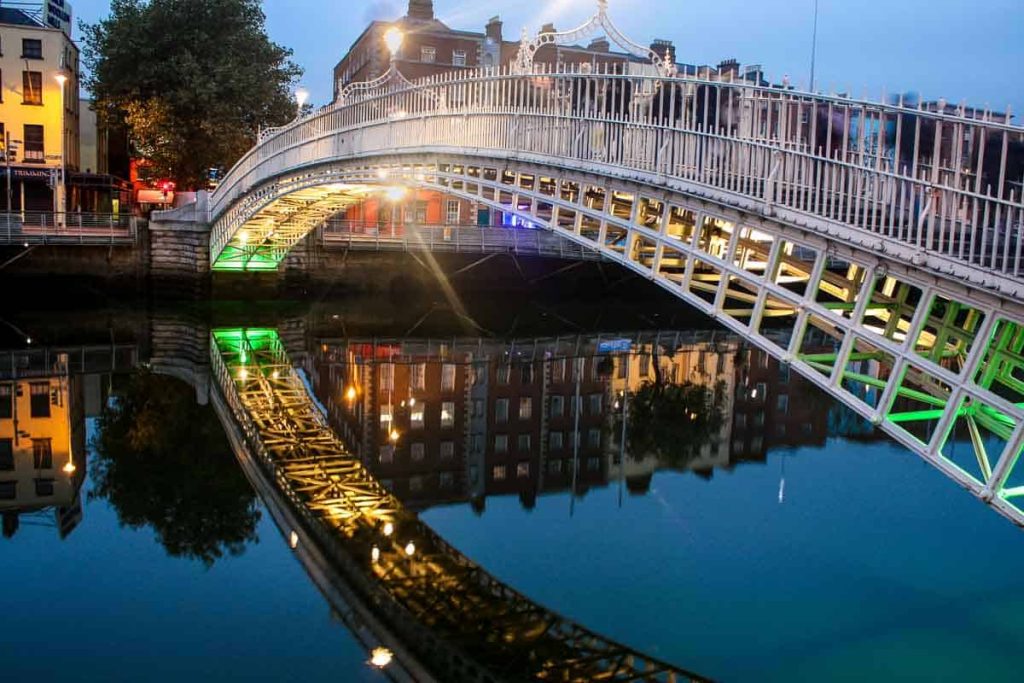
Packing for a trip to Dublin requires thoughtful planning to ensure you’re prepared for the city’s dynamic weather, rich culture, and vibrant atmosphere. By following this comprehensive packing list and travel guide, you’ll be well-equipped for a memorable Dublin adventure. From essential documents and travel gear to navigating public transport and managing your budget, this guide covers everything you need to know. Enjoy your journey to Dublin, and may it be filled with wonderful experiences and lasting memories!

